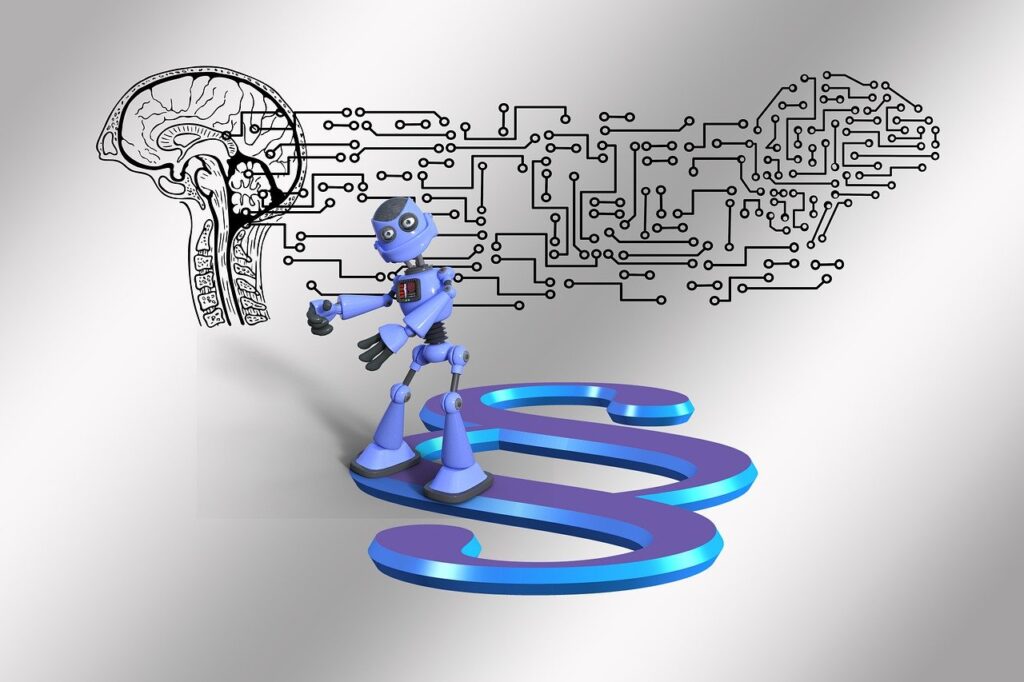In today’s world, smart machines called AI are getting smarter and being used more and more in everything we do. But with all this progress comes some big questions about what’s right and wrong.
Understanding AI Ethics
When we talk about AI ethics, we’re talking about making sure these smart machines follow rules that keep everyone safe and treated fairly. People who work with AI often have to make tough choices about what’s fair and what’s not.
Fixing the Problems
To fix these unfair choices, we need to make sure the smart machines are transparent, meaning we can see how they work, and accountable, meaning they take responsibility for what they do. We also need different kinds of people to work together to solve these problems.

Using AI for Good
Even though there are problems, AI can also be used to help in important areas like healthcare, making sure people are treated fairly by the law, and protecting our environment. By showing how AI can be used for good, we can inspire others to do the same.
Looking Ahead
As AI keeps getting better, we need to keep thinking about what’s right and wrong. We’ll face new challenges, but by talking about them and working together, we can make sure AI is used in ways that are safe and fair for everyone.
In Conclusion
When it comes to AI, ethics isn’t just a big, complicated idea—it’s about making sure we use smart machines in ways that help everyone. By making good choices now, we can make a better future with AI that’s safe and fair for all.
A1: Ethics in AI refers to the principles and values that guide the development, deployment, and use of artificial intelligence systems in a way that is fair, transparent, and respectful of human rights and dignity.
A2: Ethics is crucial in AI because it ensures that AI systems are developed and used in ways that benefit society while minimizing harm and discrimination. It helps to address issues such as bias, fairness, privacy, and accountability.
A3: Examples of ethical dilemmas in AI include ensuring fairness in decision-making algorithms, protecting user privacy in data collection and usage, and determining the ethical implications of AI applications in sensitive areas like healthcare and criminal justice.
A4: Individuals can contribute to promoting ethics in AI by advocating for responsible AI practices, staying informed about AI developments and ethical considerations, participating in discussions and initiatives related to AI ethics, and holding AI developers and organizations accountable for ethical lapses.
A5: Ethical AI applications include uses of AI technology that prioritize ethical considerations and benefit society, such as AI-driven healthcare diagnostics, AI-powered tools for environmental conservation, and AI systems designed to ensure fairness and transparency in legal processes.
